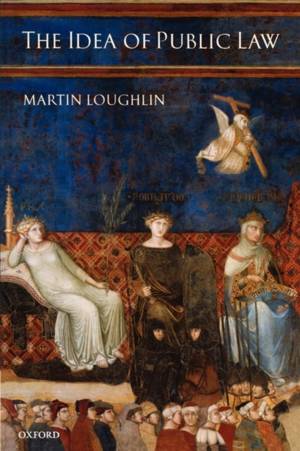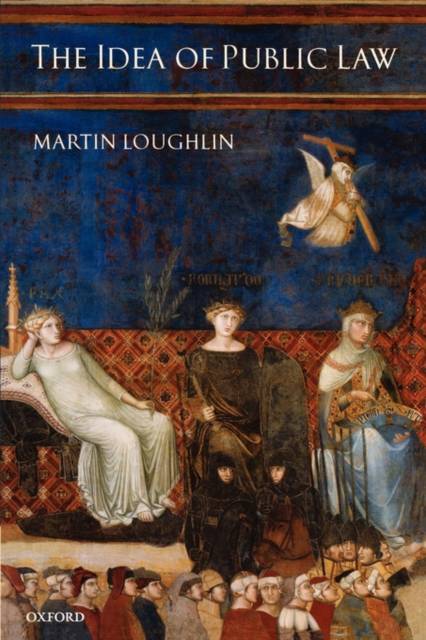
- Retrait gratuit dans votre magasin Club
- 7.000.000 titres dans notre catalogue
- Payer en toute sécurité
- Toujours un magasin près de chez vous
- Retrait gratuit dans votre magasin Club
- 7.000.0000 titres dans notre catalogue
- Payer en toute sécurité
- Toujours un magasin près de chez vous
Description
This volume argues that public law must be treated as a special, indeed autonomous, subject and that the root cause of many of the difficulties and controversies that have arisen within both contemporary jurisprudence and also in the practice of public law have arisen because this argument has been neglected, and even suppressed. The author defends this claim by explicating the idea of public law, particularly as it has evolved in modern European thought. The volume provides an account of the juristic significance of political thought such as the work of Bodin, Hobbes, Locke, Pufendorf, in addition to a variety of modern scholars. Loughlin argues that the basic building blocks of the subject are those of governing, politics, representation, sovereignty, constituent power, and rights. Through an elaboration of these foundational concepts, he explores the nature and method of public law, and offers a novel account of the idea of public law.
Spécifications
Parties prenantes
- Auteur(s) :
- Editeur:
Contenu
- Nombre de pages :
- 199
- Langue:
- Anglais
Caractéristiques
- EAN:
- 9780199267231
- Date de parution :
- 26-02-04
- Format:
- Livre relié
- Format numérique:
- Genaaid
- Dimensions :
- 155 mm x 242 mm
- Poids :
- 426 g

Les avis
Nous publions uniquement les avis qui respectent les conditions requises. Consultez nos conditions pour les avis.






